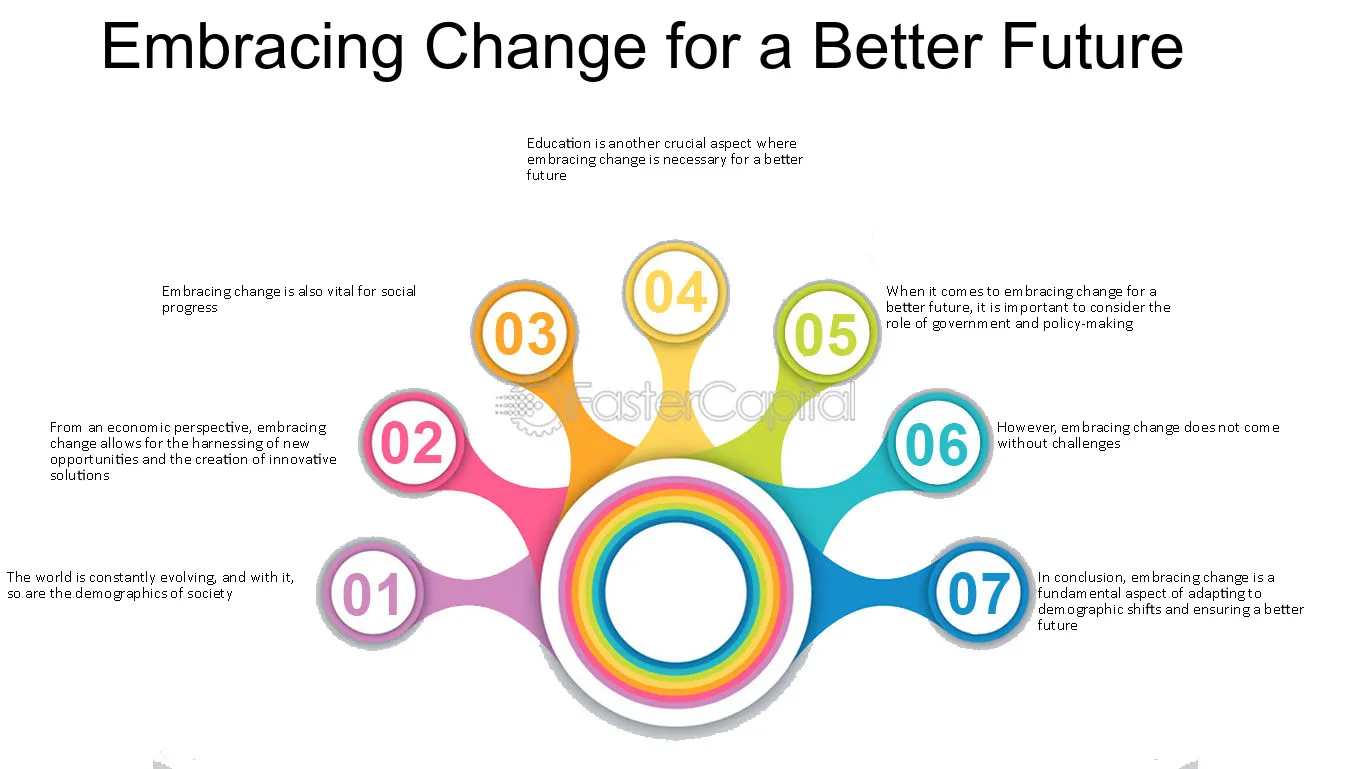In recent years, the concept of taking a gap year has gained significant traction, challenging traditional notions of productivity and success. Once viewed as a mere indulgence for recent graduates, gap years are now recognized as valuable opportunities for personal growth and skill development. However, persistent stereotypes continue to shape perceptions, particularly within competitive academic environments like Emory University.
Despite the growing popularity of gap years and semesters, enduring stereotypes highlight the prevailing emphasis on productivity and achievement. Contrary to misconceptions, a gap year can be just as enriching and productive as conventional pursuits, such as pursuing higher education. Yet, societal norms often dictate that individuals justify their decision to take time off, leading to unwarranted scrutiny and skepticism.
Throughout their gap year experiences, individuals may encounter relentless inquiries aimed at assessing the validity of their decision. The pressure to justify one’s choice to take a break can be overwhelming, with societal expectations often dictating worth based on tangible achievements. However, it’s essential to recognize that the value of a gap year extends far beyond conventional measures of success.
Despite societal pressures, individuals should feel empowered to embrace the potential of a gap year as a transformative journey of self-discovery and personal growth. Whether traveling the globe, pursuing passion projects, or gaining valuable work experience, a gap year offers endless opportunities for exploration and learning. By challenging stereotypes and embracing the value of time off, individuals can embark on a journey of self-discovery and enrichment that transcends societal expectations.






